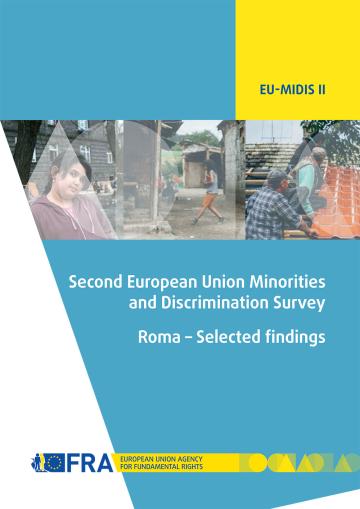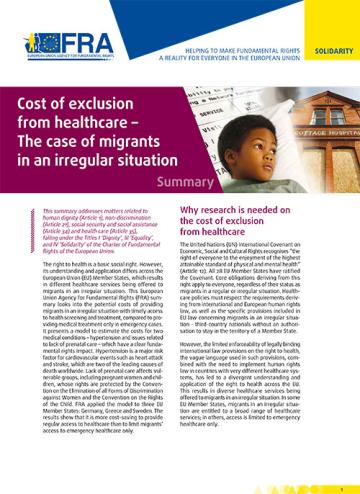Help us make the FRA website better for you!
Take part in a one-to-one session and help us improve the FRA website. It will take about 30 minutes of your time.

EU Charter of Fundamental Rights
Artikel 34 - Soziale Sicherheit und soziale Unterstützung
(1) Die Union anerkennt und achtet das Recht auf Zugang zu den Leistungen der sozialen Sicherheit und zu den sozialen Diensten, die in Fällen wie Mutterschaft, Krankheit, Arbeitsunfall, Pflegebedürftigkeit oder im Alter sowie bei Verlust des Arbeitsplatzes Schutz gewährleisten, nach Maßgabe des Unionsrechts und der einzelstaatlichen Rechtsvorschriften und Gepflogenheiten.
(2) Jeder Mensch, der in der Union seinen rechtmäßigen Wohnsitz hat und seinen Aufenthalt rechtmäßig wechselt, hat Anspruch auf die Leistungen der sozialen Sicherheit und die sozialen Vergünstigungen nach dem Unionsrecht und den einzelstaatlichen Rechtsvorschriften und Gepflogenheiten.
(3) Um die soziale Ausgrenzung und die Armut zu bekämpfen, anerkennt und achtet die Union das Recht auf eine soziale Unterstützung und eine Unterstützung für die Wohnung, die allen, die nicht über ausreichende Mittel verfügen, ein menschenwürdiges Dasein sicherstellen sollen, nach Maßgabe des Unionsrechts und der einzelstaatlichen Rechtsvorschriften und Gepflogenheiten.









